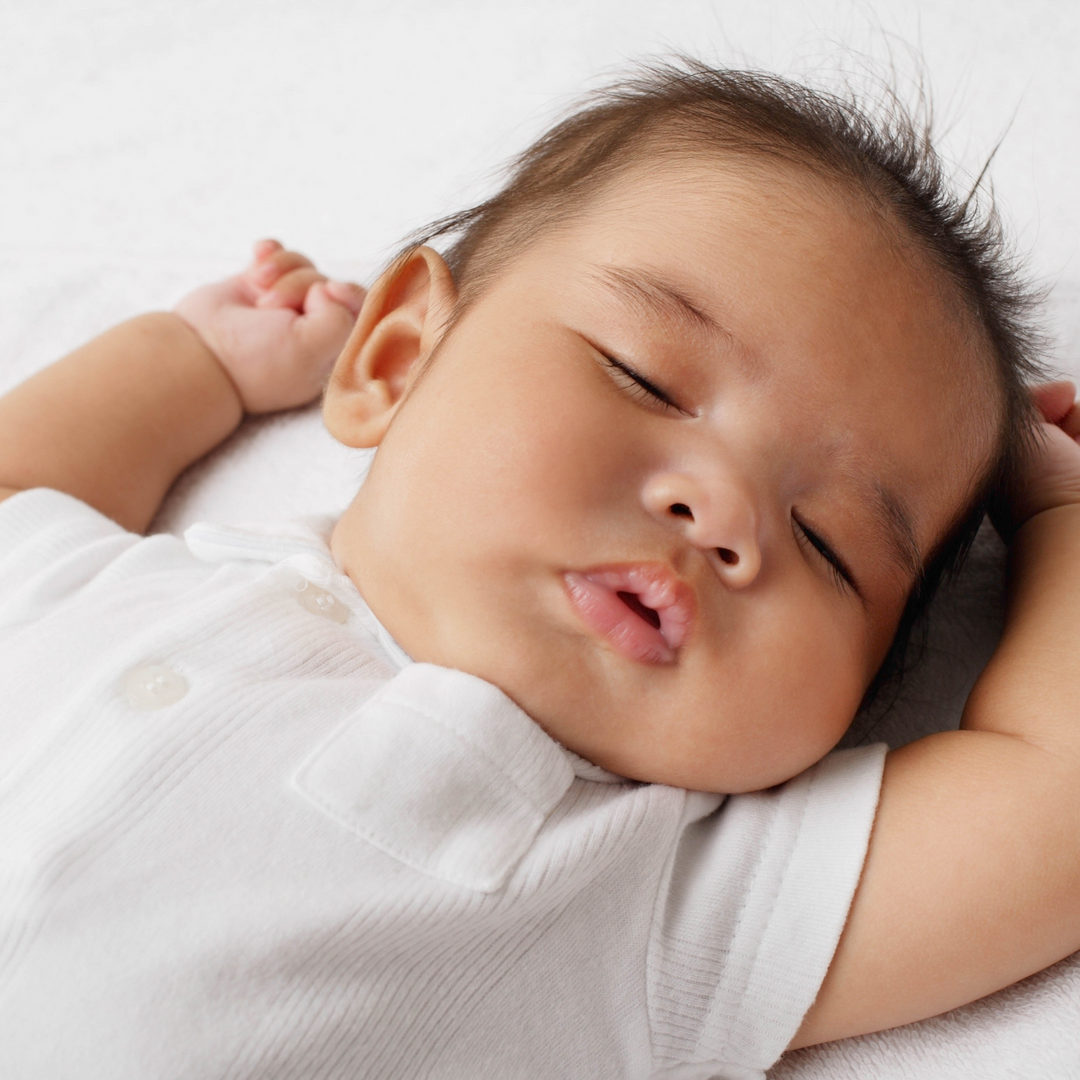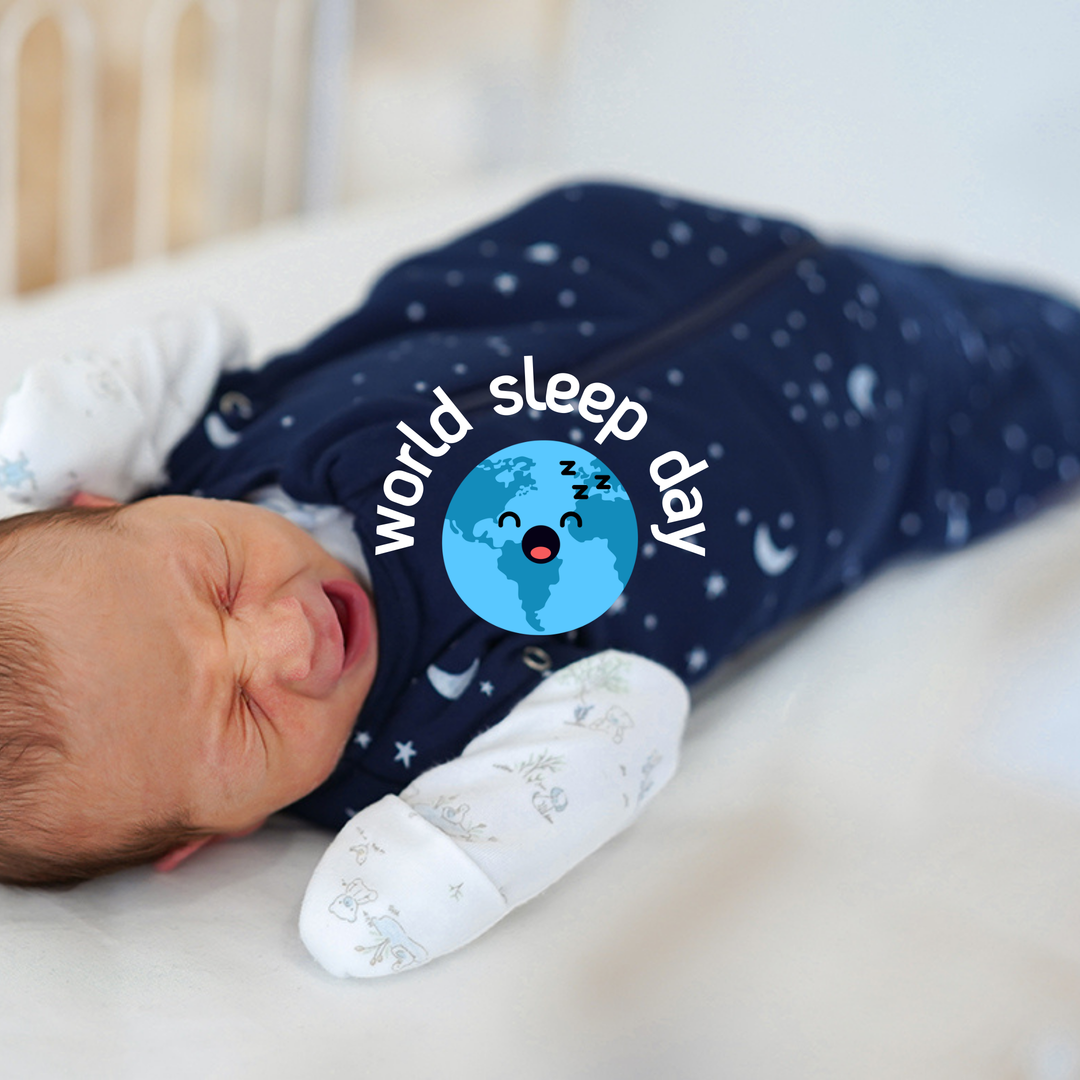ask the midwife | Baby Dribble the Podcast episode 13
Hello and welcome to Baby Dribble which is brought to you from Sweet Dreamers HQ by the SweetDreamers team. Baby Dribble is a fun, friendly and FREE parenting advice “channel” for new and expectant parents and caregivers. We aim to offer knowledge, support and insight into to the wonderful world of parenthood with industry expert guests and medical professionals.
Lynda and Lucy here again and welcome to this week’s podcast. Today we are very privileged to have a special guest here with us in our studio – Katie Hilton.
Katie is a dual qualified nurse, midwife and health visitor, so we are in safe hands here on the baby dribble podcast. We’ll be covering everything from new born sleep to our instagram ‘ask the midwife’ questions.
Welcome back to the baby dribble podcast, today myself and Lucy are very excited to be joined by our special guest Katie Hilton. Katie is a dual qualified nurse, midwife and health visitor so we are in very good hands. We will be covering everything from newborn sleep to our Instagram followers ‘ask the midwife’ questions but before we get to that Katie, would you mind telling us a little about your background and your current roles now.
‘I am a nurse, midwife and health visitor. I’ve got 17 years’ experience however it seems like ages ago, I’ve worked in various areas but predominantly labour wards and post-natal. I’ve also done a little bit of community midwifery and health visiting working with parents and children from birth up to 5 years of age. I also spent a couple of years out in Canada in Vancouver working as a perinatal nurse on the maternity wards and now I work with MAM, I am there expert midwife and health visitor, it is a massively varied role and I work at the baby and toddler shows, offering parents advice’.
That’s great so as you can see we are in for some fantastic advice from a professional in the know, so let’s get started with some discussion around newborn sleep. It is important to let our listeners know that although we can give guides to the following questions, which has been possible through years of baby research looking at trends, each baby’s sleep patterns and personality vary and there can be outside factors affecting little ones sleep so if you feel anything is not right with your baby, be sure to consult your midwife/GP/health visitor and they will be able to help. So, let’s get started,
How much sleep is normal for a newborn per day?
‘A very open-ended question this one because as we have already said every baby is different and often I’ll get asked questions from people saying my baby should be sleeping more than this in the day, and they are awake all the time so like I say, every baby is different. On average I’d say newborn babies sleep anywhere 16-18 hours in a24-hour period. It may not seem like that to a lot of parents and they wake for things such as a feed, a nappy change, a cuddle and as they start to get a little older you’ll see this change and they will have longer periods of being awake and wanting more interaction, and that’s when you can bring in some developmental toys such as black and white toys, which they can see a little better’.
Can you sleep train a newborn?
‘I have given so many parents advice on sleep training techniques and how to use them, a newborn baby doesn’t know the difference between night and day, they have no idea until they get to around 12-16 weeks of age when they start to notice the difference and their circadian kicks in. I wouldn’t recommend sleep training a newborn, however, I would talk about developing a routine from birth so that they start to recognize certain things happen at certain times of the day. Things you can do such as turning off things such a tvs that are a stimulant to them, dimming the lights, closing the curtains and then taking them for a bath, a baby massage, a story, having a feed and then into their own sleeping environment are great. I think if you can start the routine as early as possible and keep to it, that’s going to be a good thing as baby gets a little older, because they recognize that then as being sleepy time. If little ones are really struggling at around 4 months + and they are struggling to figure out what to do then maybe introduce some sleep techniques then, but not for newborns’.
Should you wake your newborn to eat?
‘It very much depends on the baby, so for example, if you have had a low birth weight baby then it’s going to be important to feed them on a schedule as they will need that growth and development. It also depends on whether it’s daytime or nighttime, if you have a baby that is growing and developing well and they’re around 3 months old and they are starting to sleep longer in the night and you think they are due a feed now, I wouldn’t be waking that baby up in the night as they may be starting to sleep longer in the night. If it was in the day time and maybe your baby has gone an hour over their feed, I would wake that baby up because again, if you can get more feeds in the day then you’re more likely to get a longer sleep at night which is positive. It does very much depend on the baby, feeding now both breast feeding and bottle feeding is on demand and the research does show that is better to demand feed’
When should your child be sleeping through the night?
‘You’re going to laugh at me but a very open-ended question again, every baby is different. I was very lucky, my baby boy slept through the night at three months of age but everybody is different. I frequently get asked this from people who have babies who are 12/15 months old and their babies are still not sleeping through the night, however, babies are going to need to be fed through the night up to around 8/10months. So if you think you’re not introducing solid food until around 6 months and even then, they are smaller portions, so often it’s only when they start to have more solid food that they start to feel a little fuller and then start to go longer at night. It is important to recognize that most babies aged three months would not be sleeping through the night’.
Do you have any tips that can help unsettle babies sleep better?
‘The first thing I would ask parents to look at is their baby’s sleeping environment. Are they unsettled because they are a little too cold? Or a little too hot? Because of course they can’t communicate these things to us. Look at the room, look at the bedding they have got, I am a massive fan of sleeping bags because of safety reasons and the security of knowing your baby is asleep in a nice cosy pod. You can also use a soother, a lot of people don’t realise that the safe sleep recommendations are for babies to settle with a soother, we know that babies who are settled to sleep with a soother are at a lower risk of SIDS. The research shows that it somehow reduces the risk. If a soother helps them settle and to relax then that’s great. MAM do glow in the dark soothers and a little tip I have is to have around 10 and scatter them in the cot so as babies grow a little older they can always find one. Things such as ewan and his four soothing sounds combined with resting heartbeat, which is obviously a sound that they are used to from when they were in mum’s womb, is going to be relaxing. I also love your feature of your auto cry sensor, I think if you can avoid having to go into your baby when you’re trying to get them to self-settle, as going in to them can be counterproductive, so if you have something that can automatically come on then great. I always say to parents if you can when they cry, sit for just 5 minutes just to see if they will settle themselves to sleep. It is important to let them do this as if they don’t learn it can be an endless cycle of having to get up to settle them. Your bedtime routine is also important and following this from birth, maybe also try using some lavender or chamomile in their bath followed by a baby massage. They would be my main techniques’
That’s great, we hope those tips have helped. So now we are going to look at our Instagram ‘ask the midwife’ questions. Thank you to everyone who sent in your questions, we will try to get through as many of them as possible as there were quite a few so let’s get started. We picked a few that will hopefully cover a lot of what people were asking,
Any tips for an aspiring midwife? What do you think of new apprenticeships? @paige.ah
So, it’s been a while since I trained as a midwife. Tops tips, you’re going to need your GCSE and A levels, you’ll need your Maths, English and science, as they are key ones. It is very competitive as there is often a large number of people who apply, so apply for numerous universities and don’t limit yourself to just one. Do try to spend the day with either a community midwife or an independent midwife (private midwife) and learn about what the role is all about. If you do get an interview and you do get onto a course, learn about recent NHS polices and be as up to date with recent research and midwifery news as possible.
I had gestational diabetes in my first pregnancy, am I likely to get it again? @Janface09
So, if you have had diabetes in your first pregnancy, it is not a given that you will get diabetes again however, you are at slightly increased risk. You will be screened early in your pregnancy anyway to see if there is any diabetes creeping in, but they will keep a closer eye on you when they are checking your urine and checking your glucose.
Do you have any tips for helping a baby not be breech? I am only 29+2 but she is awkward @Tiff.i.am
You are still relatively early in your pregnancy so I wouldn’t worry too much if baby is breech now, if baby is still breech at around 36 weeks then we might be thinking what’s going on however, they can turn themselves at the end very quickly. Tips for helping turn your baby are getting on all fours to help rotate baby around, bouncing on a gym ball and complimentary therapies are also available. If you’re in the delivery room, doctors may offer you an external cephalic version if baby is still breech, so the doctors will use a technique to help turn the baby.
Can you conceive when breastfeeding? When not having a period yet? @crazynewmumma
‘Yes, you can. If you are exclusive breastfeeding and that means breastfeeding every time for a good 20 minutes, however, if you had a feed that was maybe a little bit late or baby didn’t feed for very long, just that one time can cause your body to ovulate so I would never rely on breastfeeding as a technique of contraception’
I am 37 weeks with baby no 2, should I be buying a strep b home test kit? @Life.homeloves
‘Very interesting question and in the media a lot at the minute and here in the UK we don’t offer automatic testing for every single mum for group B strep. Some countries do, however there are private test kits out there at a reasonable price at around £30 and it will give you a result as to whether you and GB positive or negative. If you are positive they will offer you antibiotics in labor until your baby is born, if you are negative you do not need to worry. If your waters break and you are known to be positive, they will only give you 24 hours to induce as you are at risk of the GBS getting into the uterus. I think it’s personal choice, it wouldn’t be right for me to comment one way or another however, if you feel comfortable and can afford it then why not’
Thank you again to our followers and Katie for your expert advice, we hope you have found this useful.










